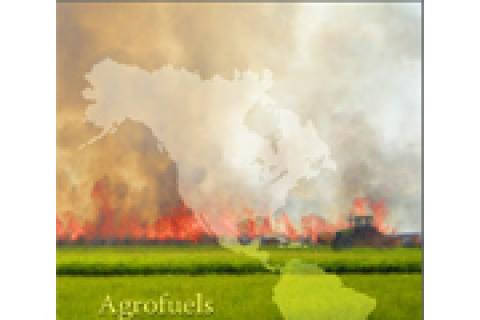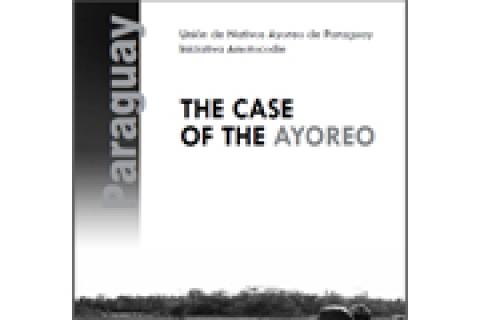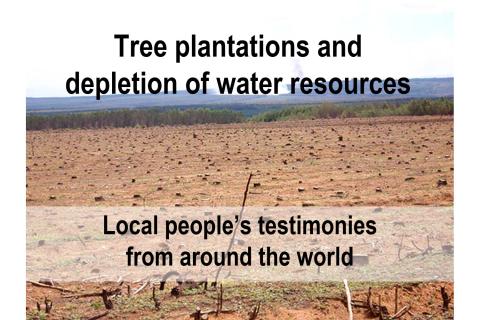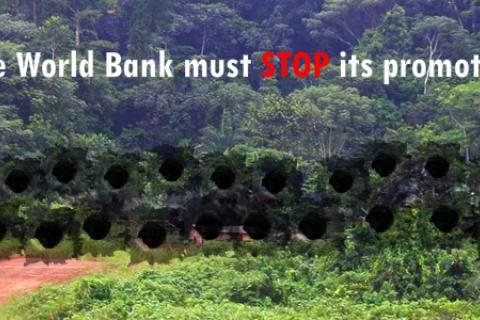Some jugglers of the climate circus are tossing up charcoal to catch it again but now with a fancy name. The proposal of turning residues into fine-grained charcoal and ploughing billions of tonnes of it into the soil every year convert charcoal into “biochar”.
Other information
Now come the acrobats. The Copenhagen Consensus Centre think-tank is working hard to weigh really true solutions to altering the alterated climate. Let’s see.
Edited by Richard Jonasse, PhD.
Institute for Food and Development Policy, 2009
Download as pdf
There is nothing like creating a problem for finding a good business opportunity . Or at least this is so for seasoned business men and women. It is thus that behind wars one can easily find the arms business. Behind citizen insecurity -largely resulting from social and economic inequity- is the business of security: insurance monitoring systems, bars, alarms and heavy-handed “saviour” politicians. Behind disease is the “health” business: the drug industry and corporate medical power.
There is no doubt that public opinion has become aware of the climate change issue. However, for most people this is but a headline in the newspapers and they tend to think that although this is in fact a major problem, there is no need to worry about it because the UN is working to solve it and that surely science will invent something to prevent it from happening.
WRM information sheets on GE tree research
First posted: 25 November 2009
Last update: August 2014
Tree species being manipulated:
Acacia mangium and Sengon (Paraserianthes falcataria). GE trees produced in December 2004. (1)
Aim of genetic manipulation
WRM information sheets on GE tree research
First posted: 25 November 2009
Last update: August 2014
Forest tree species being manipulated:
Rubber tree
Aim of genetic manipulation
More rapid growth rate to increase yield
Those carrying out the research:
Something extremely interesting is currently happening in Kenya. On the one hand, the country’s Environment Minister, John Michuki, has ordered the uprooting of eucalyptus trees from wetlands and banned their planting along rivers and watersheds.
In every case where large scale fast-growth tree monocultures are established water resources either diminish substantially or disappear entirely, mainly due to the high water intake of fast-growth alien tree species. Wells, wetlands, streams and even rivers dry up. The local affected communities give testimony of that.
The numerous arguments voiced, collected from the experience of those who directly suffer from the effects of monoculture tree plantations, must be turned into action.
Industrial oil palm plantations are a major cause of deforestation, destroy local communities livelihoods and and accelerates climate change. The World Bank must stop its promotion.
-





